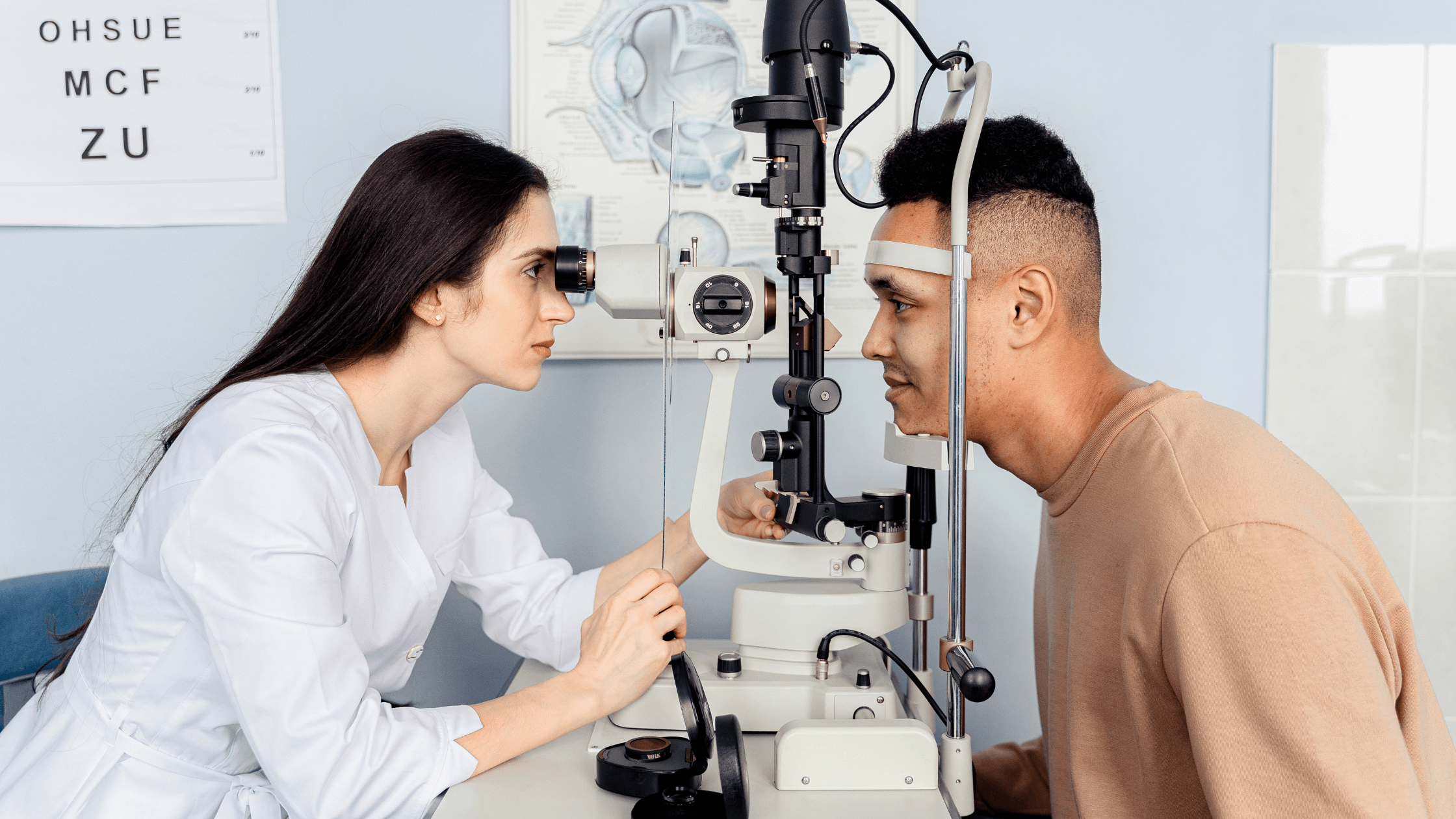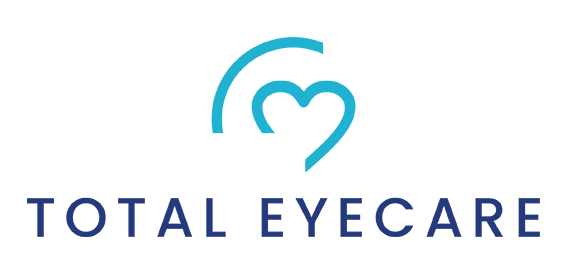
25 Aug Why Retinal Screenings Are Essential for Detecting Ocular Disease
Your eyes do more than help you see the world around you. They also give doctors valuable insight into your overall health. One of the most powerful tools in modern eye care is retinal screening. This test allows eye doctors to examine the back of your eye, where many eye diseases begin.
What Is a Retinal Screening?
A retinal screening is a painless test that uses advanced imaging technology to take detailed pictures of the inside of your eye. These images focus on the retina, the thin layer of tissue at the back of your eye that captures light and sends signals to your brain. Think of your retina as the film in a camera. Without it, you cannot see clearly.
With retinal screenings, eye doctors can identify problems long before you notice symptoms. This is critical because many eye diseases begin silently. By the time you realize something is wrong, permanent vision loss may have already occurred.
What Can Retinal Screenings Detect?
Retinal screenings can uncover a wide range of conditions, including:
- Diabetic Retinopathy: High blood sugar damages blood vessels in the retina, leading to blurry vision and potential blindness if untreated.
- Glaucoma: Increased pressure inside the eye damages the optic nerve, often without early warning signs.
- Macular Degeneration: Damage to the central retina causes loss of sharp, central vision.
- Retinal Detachments or Tears: These can cause sudden vision loss and require urgent treatment.
- Other Health Issues: In some cases, retinal screenings reveal signs of high blood pressure or other systemic conditions.
Why Early Detection Matters
The greatest advantage of retinal screenings is early detection. Many eye diseases can be slowed or managed if discovered early. For example, treating diabetic retinopathy in the early stages may preserve vision, while closely monitoring glaucoma can prevent further optic nerve damage. Regular screenings also provide a clear record of your eye health, helping your doctor detect even subtle changes over time.
Who Should Get Retinal Screenings?
Retinal screenings benefit everyone, but they are especially important for:
- Adults over 40
- People with diabetes or high blood pressure
- Those with a family history of eye disease
- Anyone noticing changes in vision, such as blurriness, floaters, or flashes of light
Protecting Your Vision
Your eyes are one of your most important senses, and protecting them should be a priority. Retinal screenings are quick, safe, and highly effective for detecting eye disease. Even if your vision feels fine, an exam with retinal imaging may uncover problems you cannot see on your own.
If it has been a while since your last eye exam, now is the perfect time to schedule one. Taking this simple step today could help save your sight tomorrow.

